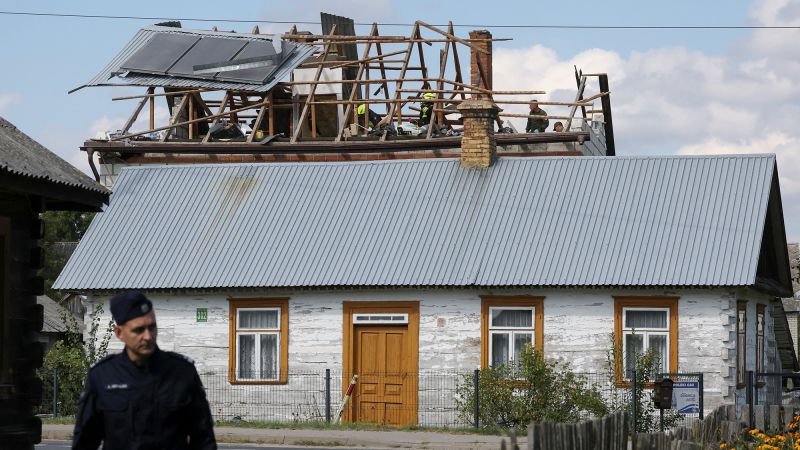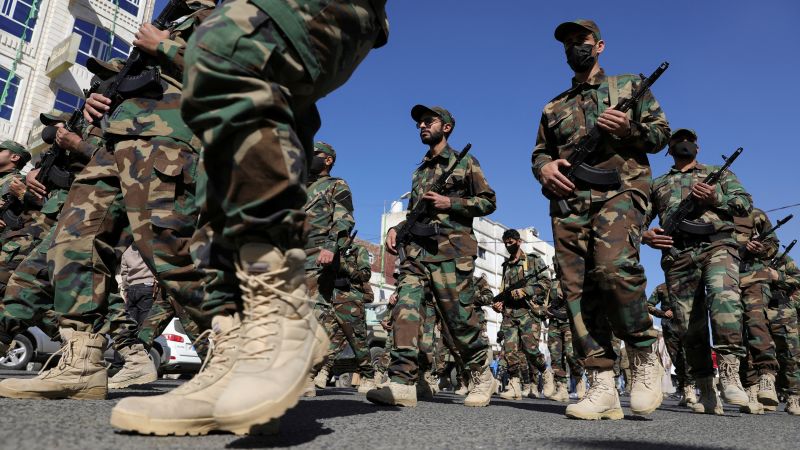
NATO Proposal for No-Fly Zone Over Ukraine Raises Security Concerns
World | 9/15/2025
Poland’s foreign minister has proposed that NATO should contemplate the implementation of a no-fly zone over Ukraine to safeguard the alliance’s territory and population from Russian drone threats. The suggestion comes amidst escalating tensions and concerns over the use of unmanned aerial vehicles in the region. While the specifics of such a proposal remain to be seen, it underscores the growing unease among NATO members regarding security challenges posed by the conflict.
The call for a no-fly zone over Ukraine raises complex legal and strategic considerations for NATO. Such a measure would have significant implications for the ongoing conflict and could potentially escalate tensions between NATO and Russia. While proponents argue it would enhance the security of Ukraine and NATO members, opponents caution that it could provoke further hostilities and complicate diplomatic efforts to resolve the crisis.
Unnamed NATO officials have reportedly expressed varying views on the feasibility and consequences of implementing a no-fly zone. The potential enforcement of such a measure would require a coordinated effort among NATO allies and a clear mandate to address the evolving security dynamics in the region. The discussion highlights the delicate balance between ensuring regional security and avoiding actions that could exacerbate the conflict.
In recent years, the use of drones in conflicts has become a significant concern for military planners and policymakers globally. The proliferation of drone technology has shifted traditional warfare paradigms, presenting new challenges for international security frameworks. As NATO deliberates on the proposal for a no-fly zone, the alliance faces the task of adapting to evolving security threats while navigating the complexities of the situation in Ukraine.
As the debate continues within NATO regarding the potential imposition of a no-fly zone over Ukraine, the alliance grapples with balancing deterrence measures with the imperative to prevent further escalation. The proposal underscores the pressing need for diplomatic solutions to address the security challenges in the region while safeguarding the interests of NATO member states.


